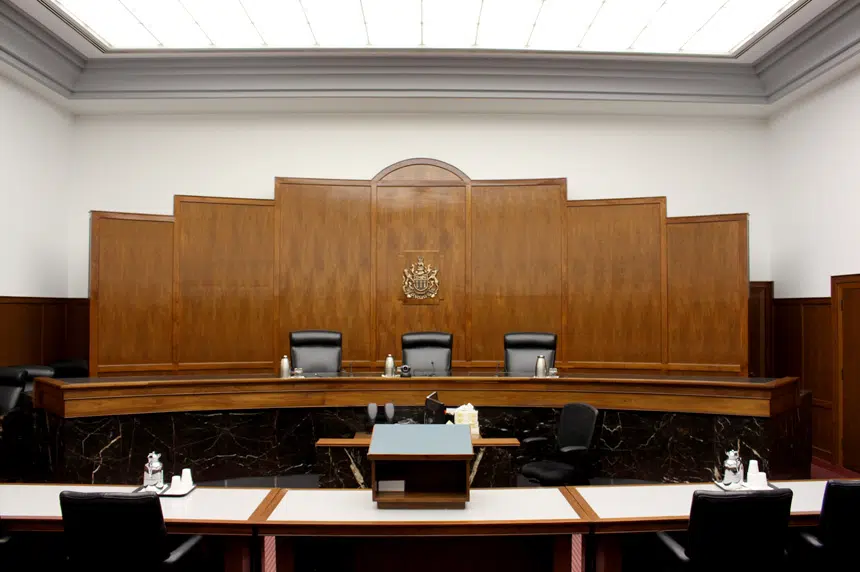Those who argued in favour of the carbon tax believe Friday’s decision by Saskatchewan’s Court of Appeal sets a precedent other jurisdictions should adhere to.
Larry Kowalchuk, a lawyer representing a group of 10 intervenors on behalf of the federal government, spoke outside the legislative building when the decision was announced on Friday.
The decision states “climate change caused by anthropogenic greenhouse gas (GHG) emissions is one of the great existential issues of our time.”
“The court (recognized) that we have a problem that we need to deal with so that’s huge as a factual, evidential matter,” said Kowalchuk.
While the judges ruled climate change is a national concern and therefore the federal government had the right to impose a carbon tax, Kowalchuk noted the decision also gave provinces a right to act.
“If the provinces want to do better, if they want to do more to reduce GHG emissions, they’re allowed to,” he said.
Kowalchuk hopes this decision will tell provinces, like New Brunswick, that may be thinking of filing their own carbon tax challenge, not to bother going ahead with it.
“We hope that people will respect the opinion here and sit down,” Kowalchuk said. “Stop spending taxpayers money, stop fighting with each other; it’s just not beneficial to anyone.”
Jim Elliott with the Council of Canadians, another one of the intervenors, said the Government of Saskatchewan sought out a court decision and should now respect it. He said sending the case to the supreme court would waste time and money.
“They may just say no to it as well and say this opinion is valid — deal with it,” said Elliott.
While Premier Scott Moe clearly intends to go to the supreme court, he said the decision will ultimately be made by voters in the fall federal election. He points to a blue wave sweeping across Canada as provinces elect Conservative governments against the carbon tax.
Elliott is not concerned.
“I don’t think the wave is as strong as they think it is. I think they’re using it as a leverage or something for people to rally around,” he said.
Sask. farmers prepared for ‘a longer fight’
The Agricultural Producers Association of Saskatchewan (APAS) isn’t surprised by the appeal court’s ruling.
APAS lawyers joined the provincial government in its challenge of the carbon tax in February.
President Todd Lewis said, either way, he knew the battle would end up at the Supreme Court of Canada.
“It’s certainly not a short game,” he said. “This is just the beginning of a longer fight.”
He said until the new hearings come around, APAS would focus on lobbying the federal government to change aspects of the carbon tax.
“We’ll be negotiating and trying to change the federal government’s mind on some of the exemptions we have and increasing them,” he said. “And just giving a better understanding on what Saskatchewan agriculture really does as far as managing carbon.”
Lewis said farmers have already felt a negative financial impact since the tax was implemented last month.
He also pointed to the fall federal election, where Canadians will have the choice to vote against the Liberals and in favour of another party that may scrap the tax.
However, Lewis said APAS wouldn’t be endorsing any political party.
“We don’t put politicians in office or out of office, we deal with whoever is there,” he said.
— With files from 980 CJME’s Andrew Shepherd and 650 CKOM’s Chris Vandenbreekel







